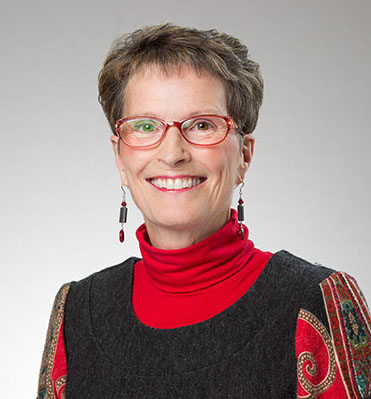Guest Editorial: Changes in the role of newspapers
Author: Mary Sheehy Moe
Changes in the role of newspapers
Mary Sheehy Moe
Messing around in the garage last week, I accidentally knocked a photo off my husband’s “memory wall.” It’s not a photo, exactly. It’s a framed newspaper story on a softball tourney his team won four decades ago. Scanning idly, I got pulled in. Soon visions of hits and double plays and old friends from all across Montana leapt from the page.
You forget how newspapers were back then … the detailed coverage of local sports, from high school football to over 30 softball tournaments … the weekly reports on the doings of flower clubs and Rotary … that columnist whose local stories could bring you to laughter or tears or both.
What we didn’t know then is that a community newspaper is more than the stories in it. It’s part of the fiber that binds a community. You’d read about someone’s kid winning the spelling bee and you’d be sure to mention it to her mom in the checkout line. You’d follow the career of a fantastic Simms basketball player and have plenty to talk about when you met him years later in college. Yes, you’d still read news about government, politics and crime. But mostly you learned about the people who lived where you lived – and you liked the lesson.
Some twenty years ago, when the Pulitzer Prize-winning Great Falls Tribune had reporters elbow-to-elbow in the newsroom, a woman I know read a Trib story that disturbed her. It recapped a game the Bison had lost the night before. One line in the story – and a particularly ill-chosen headline – conveyed the impression that the quarterback had been solely responsible for the drubbing.
She’d seen that quarterback play many times. He was fantastic – smart, quick, with a rifle for an arm. Knowing how good he was and suspecting how this story would affect him, she wrote him a letter assuring him that one bad night does not define a life.
She never met the quarterback. She may have met his folks in passing. But when that quarterback’s father died a few years ago, her letter was in his wallet. He carried it with him always, a mutual friend told her.
Like her and probably you, I’m having trouble accepting the most recent changes in the Lee newspapers. The latest change I took particularly hard – for selfish reasons. I’ve written columns for half a century. I know what format works for me. Now I have to cut back. Explaining that “corporate says so” never appeases me.
But something else is more important than my little space on this page. The Lee newspapers in Montana, including “corporate,” are struggling to keep their local newspapers local. They’re wrestling with an economic model and media changes that have reduced what was once Goliath into a David wannabe.
I’ve seen what happens to communities that no longer have local journalism. Without the local voices, without the local coverage, without the depth of local knowledge that local journalists accrue, the fiber weakens, the community ties fray, and the compliments shared in grocery aisles, the clips framed on memory walls, and the occasional letter to a heartbroken kid disappear.
I can’t let that happen without a fight. Yes, I’d like to return to the good old days. But one thing you understand by the time you’re 72 is that you didn’t earn those days. They were handed to you. It’s my turn now – and yours – to do all we can to preserve a Montana treasure as precious as our landscapes: our sense of community.
I’m rooting for David.
Mary Sheehy Moe is a retired educator and former state senator, school board trustee and city commissioner from Great Falls. She now lives in Missoula and writes a weekly column for Lee Newspapers.
Article Images
Click on Image Thumbnail(s) to view fullsize image
PhotoCredit: Photo Credits: Mary Sheehy Moe
Image 1 Caption: Mary Sheehy Moe
Photo Credits: Mary Sheehy Moe
